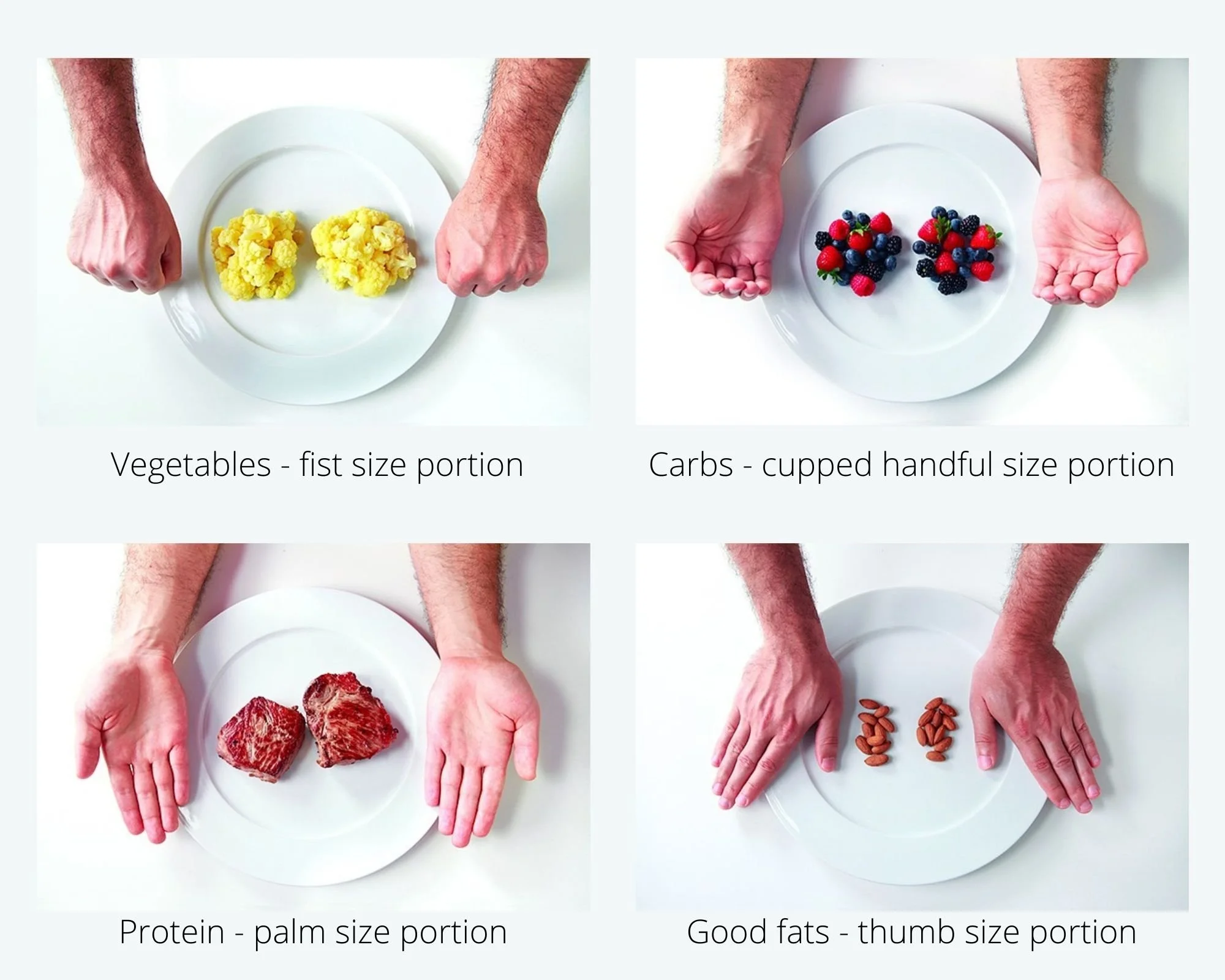Fuelling & Refuelling
Reading time: 5 minutes
Diet is hugely important when we are undertaking physical activity. When we run we put our body under extra stress and so it needs the right amount of carbohydrates, protein, vitamins, minerals and antioxidants to undertake the activity and recover effectively afterwards. Eating a healthy and varied diet and drinking enough water is key and will provide the best nutrients to fuel and refuel our body.
What is a healthy diet?
As a general rule, women should be aiming for a maximum of 2,000 calories per day and men around 2,500. This should be made up of certain food groups, which we have outlined below. In addition to the food groups, we have given a guide to the quantities you should be aiming for with each meal. Instead of weighing out all of your food, you can use the size of your hand to give you an idea of how much of each food group you need.
Vegetables
Each day you should have 5 portions of a variety of fruit and vegetables. Aim for 2 fist sized portions with each meal for men and 1 fist size portion for women.
A balanced diet with plenty of fruit and vegetables will provide many antioxidant and anti-inflammatory vitamins and minerals that will help ease muscle soreness and limit injuries.
Carbohydrates
Carbohydrates should make up just over a third of the food we eat. These should be things such as porridge, wholewheat pasta, brown rice and potatoes. Men should aim for 2 cupped hand sized portions with each meal, 1 cupped hand sized portion for women.
Protein
Protein helps to build and repair muscle, so it’s important we are getting enough of this in our diet. Foods such as chicken, fish, eggs and pulses (beans and lentils) are a good source of protein. Men should be eating 2 palm sized portions of protein with each meal and women should have 1 palm sized portion.
Fat
Good fats, such as nuts, cheese and avocado, are required in order for our bodies to function optimally. Men should be eating 2 thumb sized portions with each meal and 1 for women.
What Should I Eat Before my Training Runs & 5k?
When it comes to training runs and your 5k goal distance, there are a few things we suggest to achieve optimal performance.
The Night Before A Run:
The night before a race eat a well-balanced dinner with carbs, protein and healthy fats. Make sure you choose foods that are familiar to you and avoid foods that you know will give you stomach distress. Follow the same guidelines above in terms of what types and portions of food you should be eating. Because the furthest we’ll be running in this programme is 5k, you will not need to ‘carb load’ which you may have heard about.
The Morning of the Run:
1-2 hours before your run have a meal which is made up of slow release carbohydrates such as porridge or peanut butter on brown toast. Foods such as these will help to keep you fuller for longer and will help fuel your run. If you feel you also need a snack 30-60 minutes before your run, something light, like a piece of fruit which is easily digestible (banana or apple) is a good choice.
Water:
It’s hugely important to ensure you are well hydrated in the days before your run, particularly the day before. Make sure you are drinking the recommended amount of water (6-8 glasses per day and more if it is hot). You will be able to tell if you are well hydrated by the colour of your urine. We will be passing pale, straw yellow coloured urine if we are well hydrated. If the colour is darker this is a good indication that you need to drink more water. The darker the colour, the more dehydrated you are.
It’s also a good idea to avoid caffeine the night before a race so that it doesn’t affect your sleep.
Refuelling after your Race
Post run recovery nutrition is the most immediate and one of the most important factors when kickstarting your body into internal recovery mode. After your run, your body will be the most susceptible to taking in nutrients to restore your glycogen levels and there is a small window of time, around 30 minutes, which is optimal. You will still take in and use nutrients for fuel after this period, but if you can get something in your body after a workout within that 30-minute time frame, you’re going to be able to restore glycogen levels at its sensitive peak. Running in its nature is a catabolic activity which means we’re breaking down muscles, so it makes sense that once we complete our run, we want to return to an anabolic state, which means building up your muscles and therefore how we make improvements in strength. Protein prolongs the period of increased insulin levels, which helps your body direct glycogen back into muscles to aid recovery. For this reason it is advisable to consume some protein within 30 minutes of your run. This is most important when running for longer periods of time.
Because this is a Foundation Runners Programme and we are likely to be running for less than 1 hour, we don’t need to take on too many calories post run. Keep your snack small and to around 100-250 calories. It is vital however, that we rehydrate by taking on more water.
In summary, our bodies need a good mix of protein, carbohydrate and fat to function at their best. Making sensible choices and aiming to move towards more whole, fresh, minimally processed foods rather than ready made meals is a good start. By choosing high quality, varied foods we function better, have more energy, feel fuller for longer and keep our weight under control. Before a training run ensure you are well hydrated and try to eat something 1-2 hours before. In terms of what to eat, unfortunately, there is no universal answer to this but see what suits your body best.
Enjoy!


